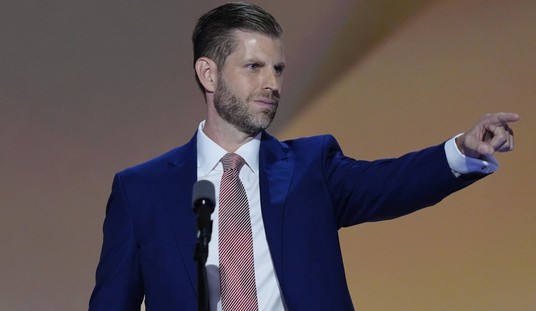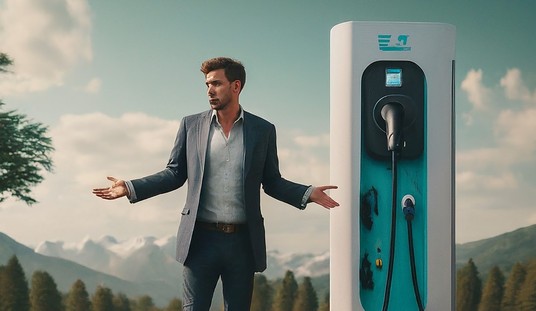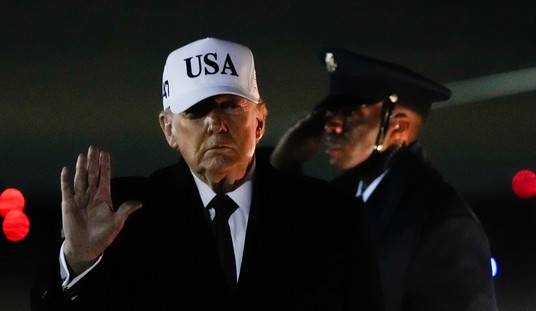Traffic tickets, insurance agencies and your local city hall will become as anachronistic as horses, buggies, and pay telephones thanks to cars and trucks that don’t need us to drive them any more.
A Brookings study predicts if driverless cars really take off no one will be running red lights anymore and vehicles won’t be crashing into each other, so there will be no need to write either traffic tickets or insurance policies.
The Brookings study also shows the insurance industry should be scared to death about the prospect of driverless cars.
Currently, the insurance industry nets $180 billion a year in the U.S. for car insurance and medical policies associated with traffic crashes.
With automated vehicles, that revenue stream should dry to a trickle.
Look at what happened in California. Since the state legalized driverless vehicles, Google has put more than 1.7 million miles on its driverless vehicles. They have been involved in 11 accidents, but those haven’t been the automated cars’ fault.
Think about it: If all the cars on the road were automated, would any of them collide with each other? And who needs auto insurance if nobody is crashing?
It is not just car and truck crashes that will become nostalgic for us and historic for our grandchildren, so too will the traffic ticket. Driverless cars don’t break the law.
Think about what that will do to local government revenues.
Let’s go back to California, where traffic violators are an important line item in the city of Los Angeles municipal budget.
Drivers who run red lights in Los Angeles pay a fine of $490. Drunk or high drivers are fined up to $15,649 for a first-offense misdemeanor DUI conviction and up to $22,492 for an under-21 equivalent.
Driverless cars stop on red, and never drink and drive.
And then there is parking.
The Brookings study found, in the past year, Los Angeles generated $161 million from parking violations.
But L.A. can forget about parking tickets in the future, because driverless cars just don’t break the law.
But there is other technology that could impact the Parking Wars, too.
New apps were introduced in Washington, D.C., in 2013 that allowed people to feed parking meters remotely. The coincidental reduction in parking tickets cut municipal revenue by more than $6 million.
You could pave over the impound lots, if they weren’t already paved over. And that cuts into revenue too.
Cities in California collect, on average, $40 million annually in towing fees that they divide with towing firms.
“Simply put, the hundreds of millions of dollars generated from poor driving-related behaviors provide significant funding for transportation infrastructure and maintenance, public schools, judicial salaries, domestic violence advocacy, conservation, and many other public services.”
“In other words, once driverless cars become mainstream, deep revenue sources acquired
from driving-related violations such as speeding tickets and DUIs will decrease greatly,” wrote the Brookings study authors.
Tesla’s CEO, Elon Musk, predicts the tremendous safety record of driverless vehicles will ultimately demand the banning of non-driverless vehicles on public roadways.
If Musk is right, the Brookings study shows local, state and even federal governments will be left out of the transportation equation entirely, except for the responsibility to maintain some kind of a transportation infrastructure.
That is already getting to be a problem because we are driving less and when we do drive, we are in more fuel-efficient cars.
Texas, Utah, Michigan and North Carolina were among the states where politicians were trying to figure out how to pay for road repairs and construction with revenue from gasoline taxes as the 2015 summer reached its midpoint.
When their 2015 session ended in March, some Kentucky legislators approved a road-funding bill based on the state’s gasoline tax. While some quibbled over how much tax was too much tax, others were promising a push for a more radical change in the next legislative session.
Rep. Adam Koenig (R) described the bill as a temporary fix for funding Kentucky’s roads. He said that he will likely file legislation to require a look at new road-funding mechanisms for the state.
“It’s my opinion that we need to fund our roads not based upon how much gas you buy but on how many miles you drive,” said Koenig.
Or perhaps other ideas will surface as politicians, and let’s not forget about the highway construction industry, struggle to come up with alternatives to pounding our roads back into gravel.
“Such alternatives might include a user fee system for operating a vehicle on the public roadways paid through an app that allows the engine to start or ‘unlocks’ the vehicle and bills on a per mile basis in order to cover costs associated maintenance and operations of the transportation system generally,” the Brookings study suggests.
Or it could be that if we don’t need governments to run our transportation system we will see “the public sector fade away into different shades of corporatism. The nation-state concept will continue its evolution (not revolution) towards a corporate state structure. Calls by some politicians on both sides of the political aisle for government to run more like a business were just some of the first steps.”









Join the conversation as a VIP Member